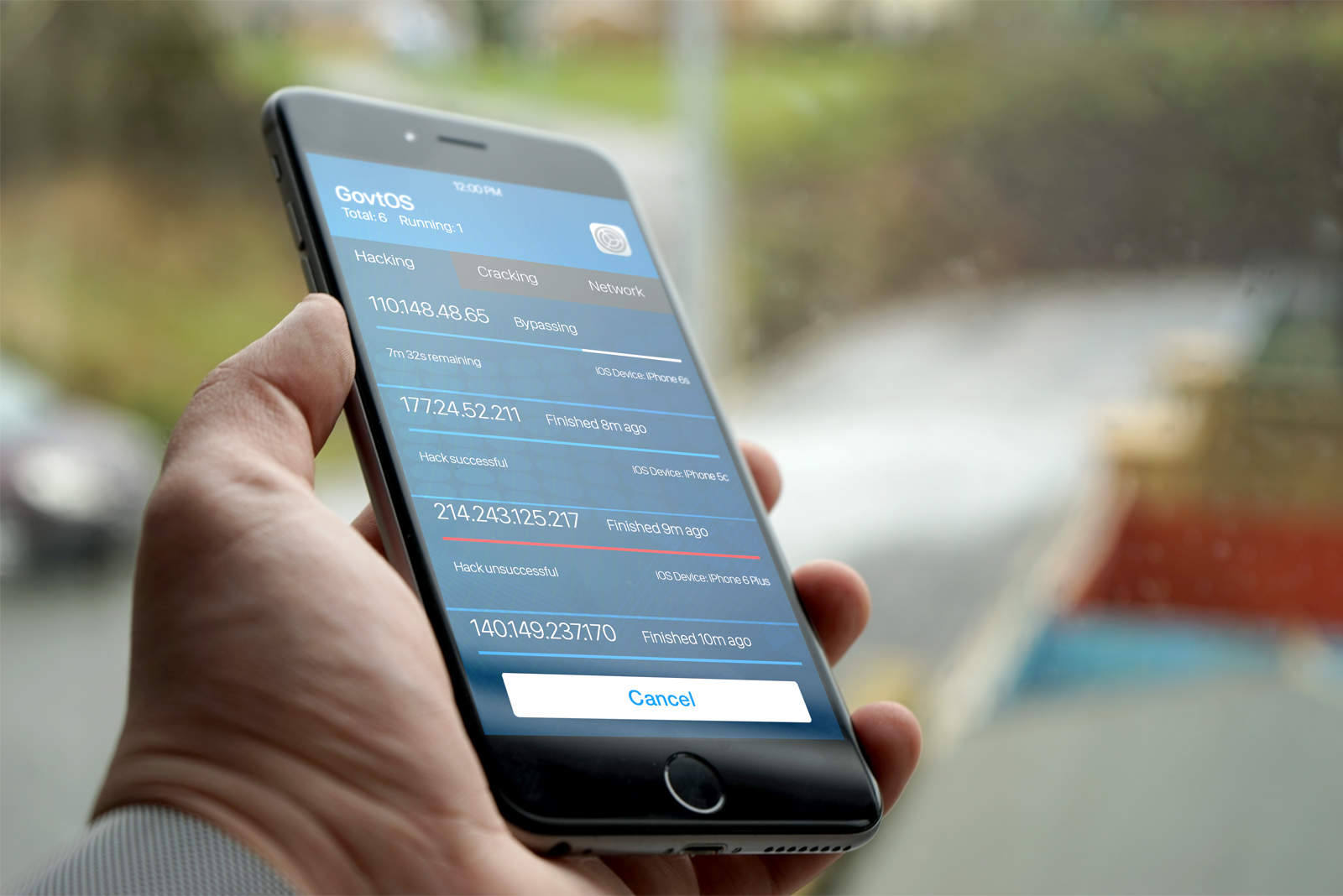There’s no shortage of possible repercussions to Apple’s current standoff with the FBI, regarding whether or not the company should create a backdoor to help unlock iPhones involved with potential terrorist or criminal cases.
But while Apple (and others) have argued that this represents a damaging blow against privacy, a recently-filed amacus brief in support of Apple by former secure technology company Lavabit has a more direct example of how the FBI’s demands may hurt America: by driving tech companies offshore to avoid having their reputations damaged.
Lavabit closed its doors in 2013, in the wake of the Edward Snowden NSA revelations — with Snowden reportedly having used Lavabit’s encrypted email services. At the time, Lavabit founder founder Ladar Levison said that, “I would strongly recommend against anyone trusting their private data to a company with physical ties to the United States.”
In it amicus brief to support Apple, Lavabit says that the FBI tried to obtain a private encryption key from the company before it closed — allowing it to, “intercept, decrypt, inspect, and modify (either with intent, or by accident) all of the connections between Lavabit and the outside world.”
Lavabit claims that the, “government now seeks [the same] extraordinary assistance from Apple … [which] eviscerates the purpose of the All Writs Act, and unnecessarily compromises the proprietary intellectual property of a private company that has not been implicated, in any way, with the crime under investigation.”
Not only does the company think the demand that Apple creates a backdoor is illegal, however, but it also suggests it would hurt Apple’s reputation — since consumers would never know whether they could safely update their iOS devices without unwittingly installing new ways to be spied on.
Most relevant to Lavabit is the damage it would also do to companies which rely on encryption. “Such precedence would likely result in many businesses moving their operations offshore, therefore, making it more difficult for law enforcement to obtain even ordinary assistance from such companies,” Lavabit notes.
It’s no coincidence that over the past few years other pro-encryption companies — including Silent Circle, ProtonMail and Tutanota — have all based themselves outside the United States due to their privacy demands.
Then again, with even countries like France apparently embracing the need to spy on members of the population (as seen by its recent ruling regarding smartphone encryption), heading to places like Europe may do no good!
Via: TechCrunch


